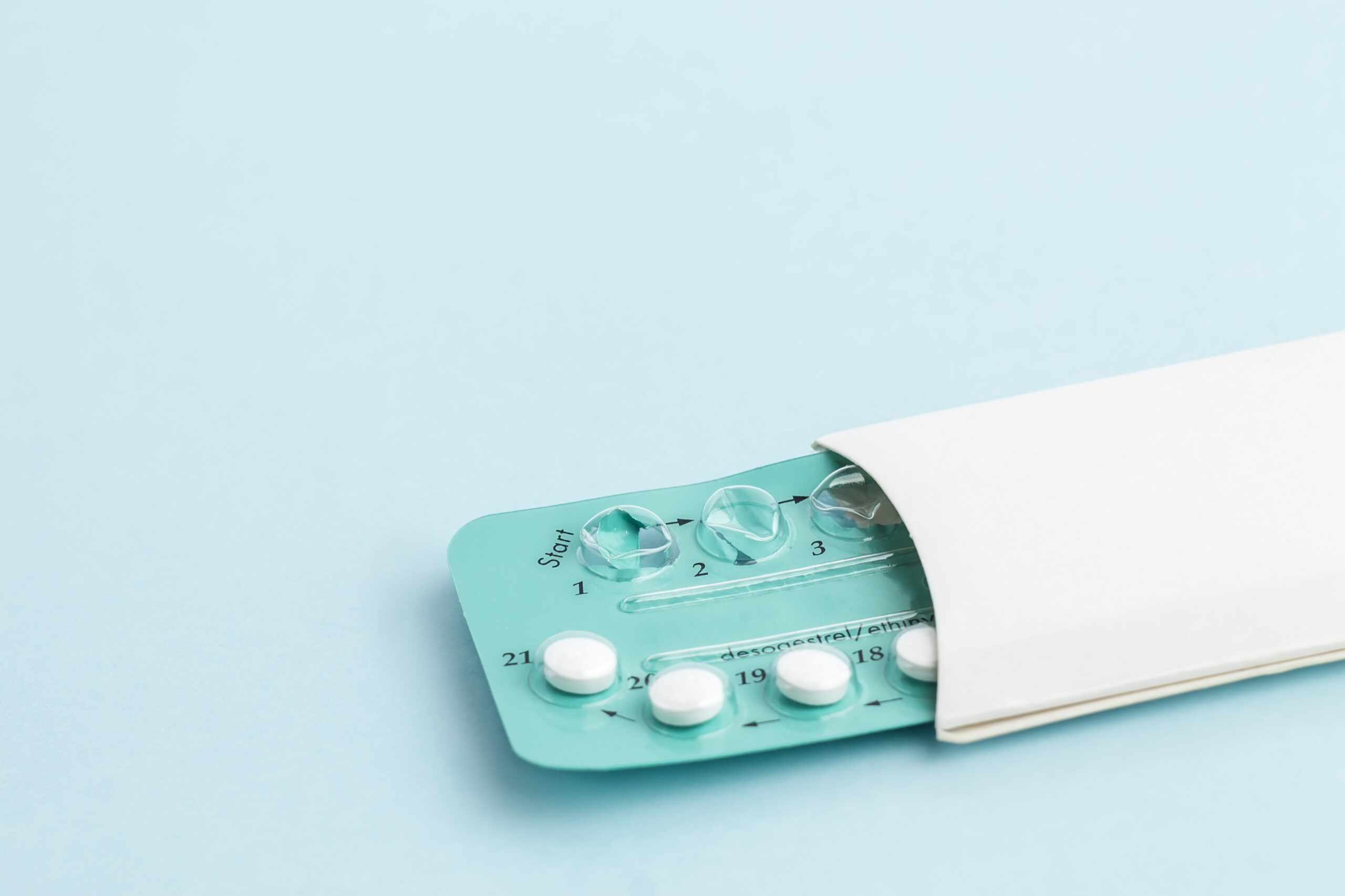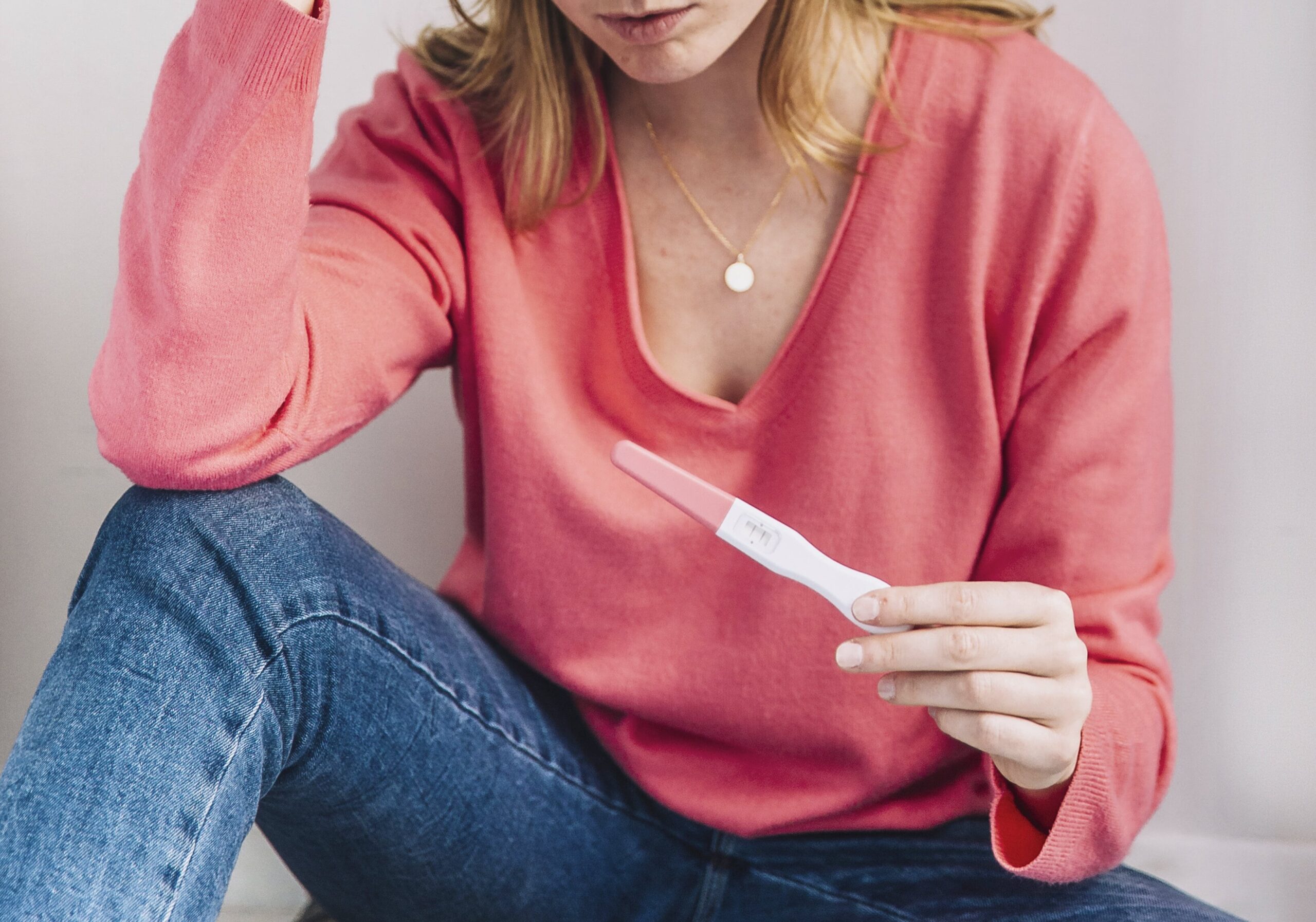Can Plan B make you infertile?
Plan B is a brand of levonorgestrel “morning-after” pill that can be taken anywhere up to five days after unprotected sex. This morning-after pill can reduce a woman’s chance of pregnancy by 75% to 89%. It’s most effective when it’s taken immediately after unprotected sex occurs and is generally recommended to be taken within 3 days after unprotected sex. Waiting extended periods of time after sex to take the morning-after pill reduces its efficacy. It’s important to note that Plan B might not work for women who weigh over 165 pounds. Plan B and other levonorgestrel pills are considered emergency contraceptives that prevent pregnancy by delaying ovulation.
Some people believe that taking Plan B can lead to infertility or impair a woman’s fertility. Is this actually true? You can find out if Plan B affects fertility in women by reading the information below.
Is it true that taking Plan B can eventually lead to infertility?
The idea that Plan B will affect your fertility or somehow make you less fertile is a myth. Taking Plan B after unprotected sex will not make you less fertile and will not affect any future pregnancy attempts. Morning-after pills contain the same synthetic hormone that’s in birth control, just in a higher dose. It slows or prevents ovulation before it happens and does not work after someone has ovulated. Many people believe that Plan B works by affecting fertilization or implantation, which research suggests isn’t true. Simply put, Plan B doesn’t affect your fertility. It just temporarily slows or stops ovulation so that your body can’t release an egg that could become fertilized.
Some of the most common symptoms women experience following an emergency contraceptive pill include the following:
- Nausea.
- Tender breasts.
- Cramps.
- Headaches.
These symptoms are relatively typical to experience and don’t indicate any long-term effects on fertility.
It is worth noting, however, that some women who take the Plan B morning-after pill may experience abnormal period symptoms for their first period after the pill. They may notice their periods arrive earlier or later than expected. They may also experience a heavier or lighter flow than normal. This isn’t the case for all women, though. You can typically expect your period to return to your normal after the first one occurs.
Frequent use of morning-after pills more likely interrupts your regular menstrual cycles, which is why people should only use it as an emergency contraceptive. If you’d prefer to be sexually active without becoming pregnant, you should generally should use forms of birth control like an IUD, patch, daily birth control pill, ring, condoms, or the shot.
What are some of the primary causes of infertility?
If you’re someone who struggles with infertility or you think you may be infertile, you should consult with an infertility specialist who can help you. Infertility specialists are highly educated on the several causes of infertility and the best types of treatments for them. You can read through some of the most common causes of infertility listed below.
- Polycystic ovary syndrome (PCOS).
- Thyroid disease.
- Endometriosis.
- Unexplained infertility.
Do you have any of these conditions? Do you worry about your ability to get pregnant in the future? Take a look at our reproductive health index and schedule a virtual consultation with one of our fertility specialists. Our fertility professionals can help guide you toward increased chances of conceiving through compassionate and thorough care.
Why should you trust Fertility Cloud?
At Fertility Cloud, we value shared experiences. We want to help you navigate your struggles and celebrate your victories. Our team of experienced medical providers is dedicated to providing you with compassionate and professional care. Through every step of the way, we’ll do our very best to ensure your comfort and guide you through the fertility process.
At Fertility Cloud, everything is done remotely, from your communication with your doctor to your fertility tests. Appointments are conducted virtually, via live videoconferencing. All that’s required of you is either a computer, smartphone or tablet to join the call.
We know that finding convenient, high-quality medical care can be a challenge. That’s why we’ve selected some of the best reproductive endocrinology specialists out there to provide you with easily accessible digital services. Each one of our doctors is board-certified and state licensed.
If you’re looking for more information on virtual infertility doctors and treatment, don’t hesitate to reach out to us. We’ll do our best to help you. If you have any other questions about emergency contraceptives and other forms of birth control, we can answer those too. It’s what we do.
Contact our team by phone today for more information or book an initial appointment online with a fertility specialist.
While we work diligently to provide the most accurate and up-to-date information available, it’s important to remember that every individual’s fertility journey is unique. The advice and content on this blog are intended for general informational purposes only and may not apply to your specific situation. Fertility-related concerns should always be addressed by a licensed healthcare provider who can assess your personal health history and offer tailored advice. It is crucial to seek professional medical guidance to ensure that any treatments or recommendations align with your individual needs. Please consult with your doctor or a fertility specialist for a more personalized and thorough evaluation.






